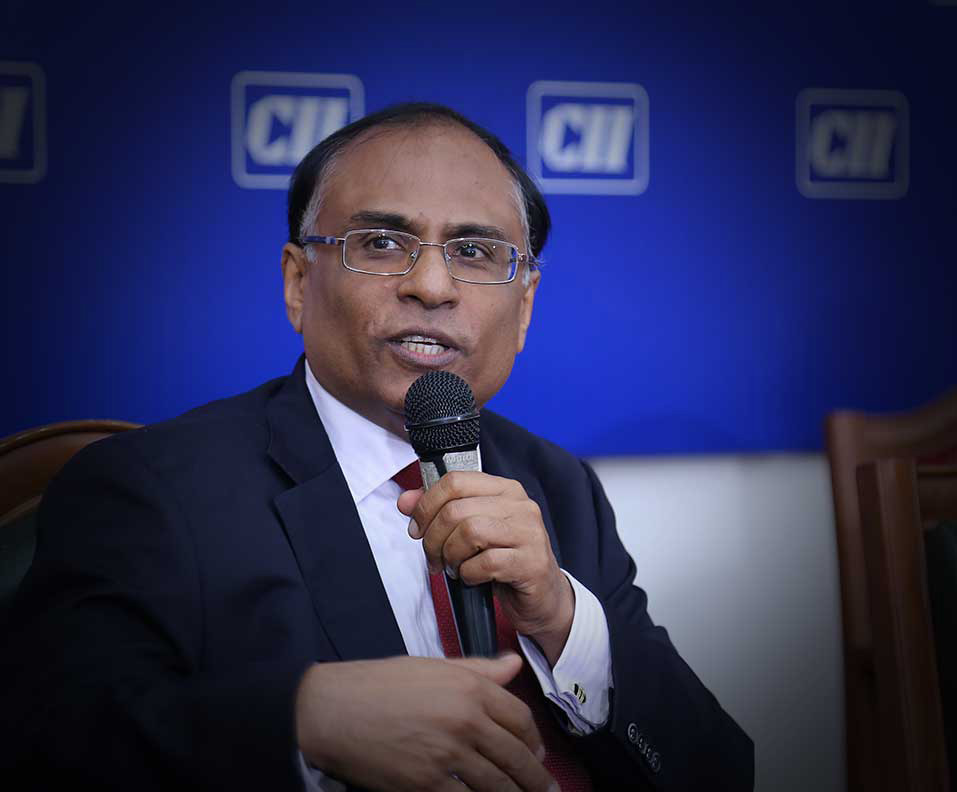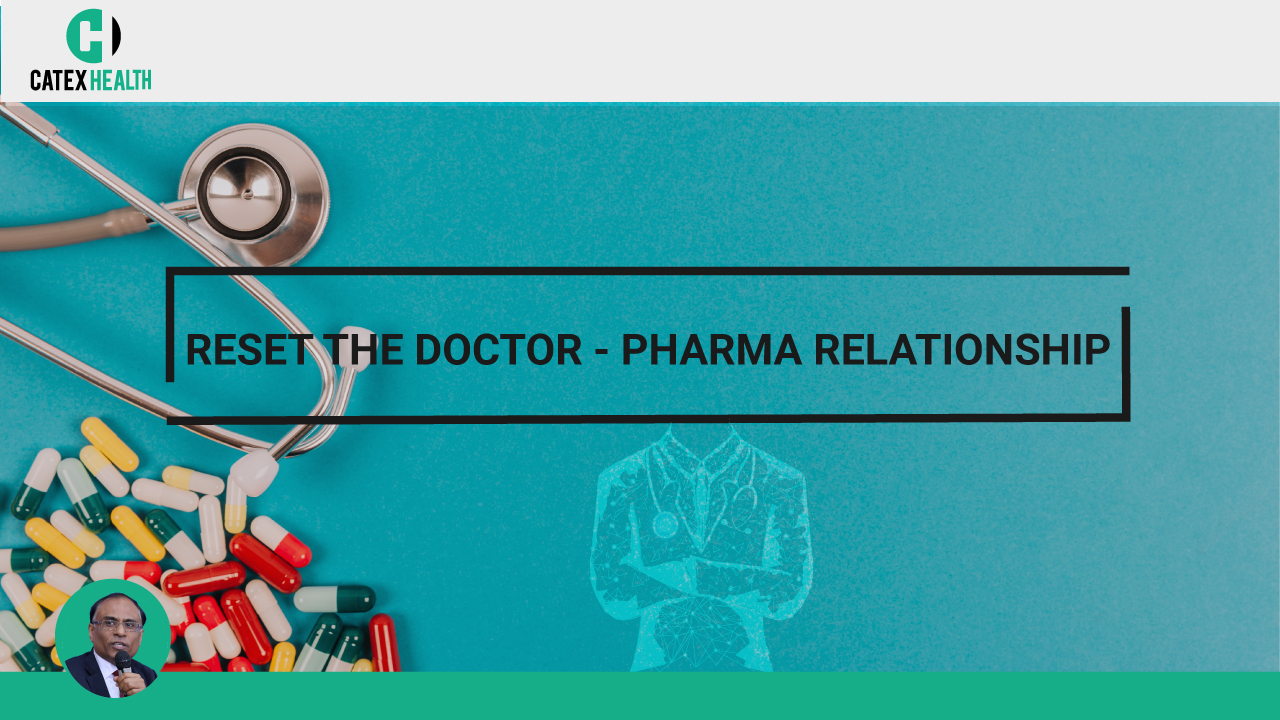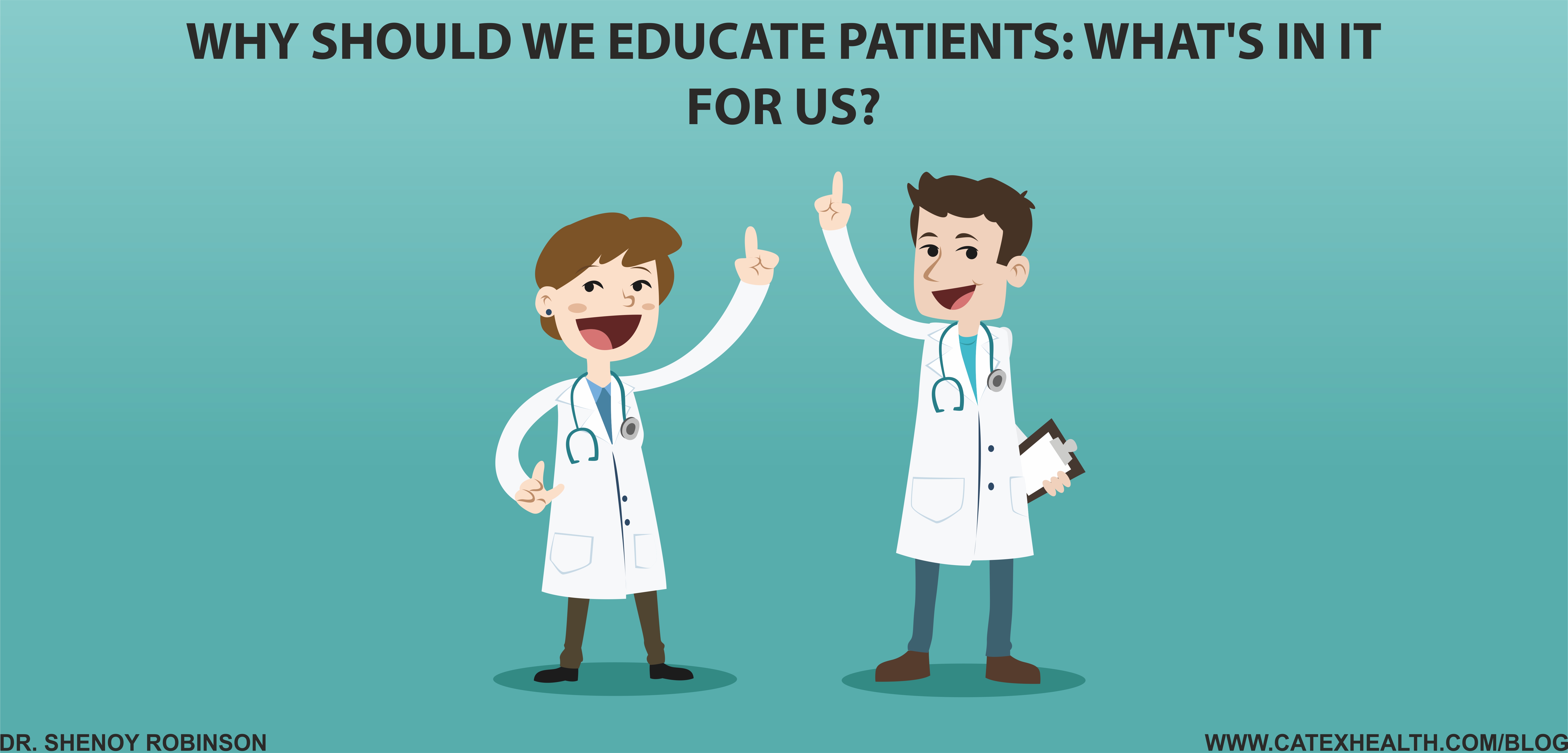Healthcare providers in India – both hospitals and doctors are having a tough time today as they grapple with one huge challenge which is a breakdown in doctor patient relationship.
There was a time not so long ago when the “doctor- patient relationship” was sacrosanct, the patient blindly trusted the doctor and their advice. Not anymore! That trust is gone.
Who or what is responsible is a futile discussion as it would only lead us into a situation where each party holds the other as responsible for this situation.
However, a couple of points are worth noteworthy for the healthcare providers:
- There is a change in the disease profile – there is an increased prevalence of lifestyle related chronic disease
- The patients’ expectations are much higher than what they used to be
Change in disease prevalence has the following consequences:
- The patient is not going to get completely cured
- The aim of the treatment has changed from curing to management, to ensure that the patients stays heathy and complication free. Any deterioration is caught early and treated promptly.
- Patients require a systematic long term follow up
- The patient requires a multi-specialty approach with support specialties like diet, education and counselling playing an equally important role in the management of disease as medications and surgery.
- There is poor patient compliance to instructions (as high as 50%) given by the providers which negatively effects the clinical outcomes and patient’s wellbeing
These clinical demands are basic and non-negotiable.
The other factor is that the patient is more demanding. Their expectations appear to be unrealistic and based on the premise that they can “buy “cure or good health.
Yes! We understand that this is a flawed expectation, but then isn’t management of expectations the key to success?
Yes! We understand that this is a flawed expectation, but then isn’t management of expectations the key to success?
Is there a magic bullet for dealing with these two issues?
No there isn’t, but a series of actions that providers can take will go a long way towards triumph.
The key lies in effective Patient Relationship management (PRM) which translates into enhancing Doctor – Patient engagement. This is not a subset of Customer Relationship management but a clinical, customised approach that is specific to the patients’ unique healthcare requirements.
What is the benefit for the provider?
- Improved patient compliance leading to superior clinical outcomes
- Satisfied patients
- Increased brand equity of the doctor and the hospital.
So, what are the components of this innovative approach to Patient Relationship management (PRM)?
- Patient education
- Reinforcement of clinical instructions
- Monitoring of critical information – Symptoms, Vitals, Blood reports and other investigations
- Creating a System to respond in case of need
The key lies in the successful marriage of Technology with Clinical expertise!






Wonderful description and what a nice way of expressing present scenario
Very nice sequence of thought. Wonderful description of current scenario of patients doctor relationship. Management of expectations- wow
Thank you Sir for clearly articulating the concept of PRM. We tend to generally confuse this with CRM and thus never reap the benefits of PRM.
Well Stated Dr Shenoy…
Beautifully narration…
Key to adequate Patient expectation management is always be Humble(nothing wrong in admitting to the patient even eventually if you are not clear or not sure of your diagnosis), with Compassion and Empathy and put yourself in pt. shoe…
Be committed to yourself that I will ensure that before my pt leaves my premises he/she is not only satisfied, but is delighted.
Lastly always be very proactive in Health education of each and every patient.